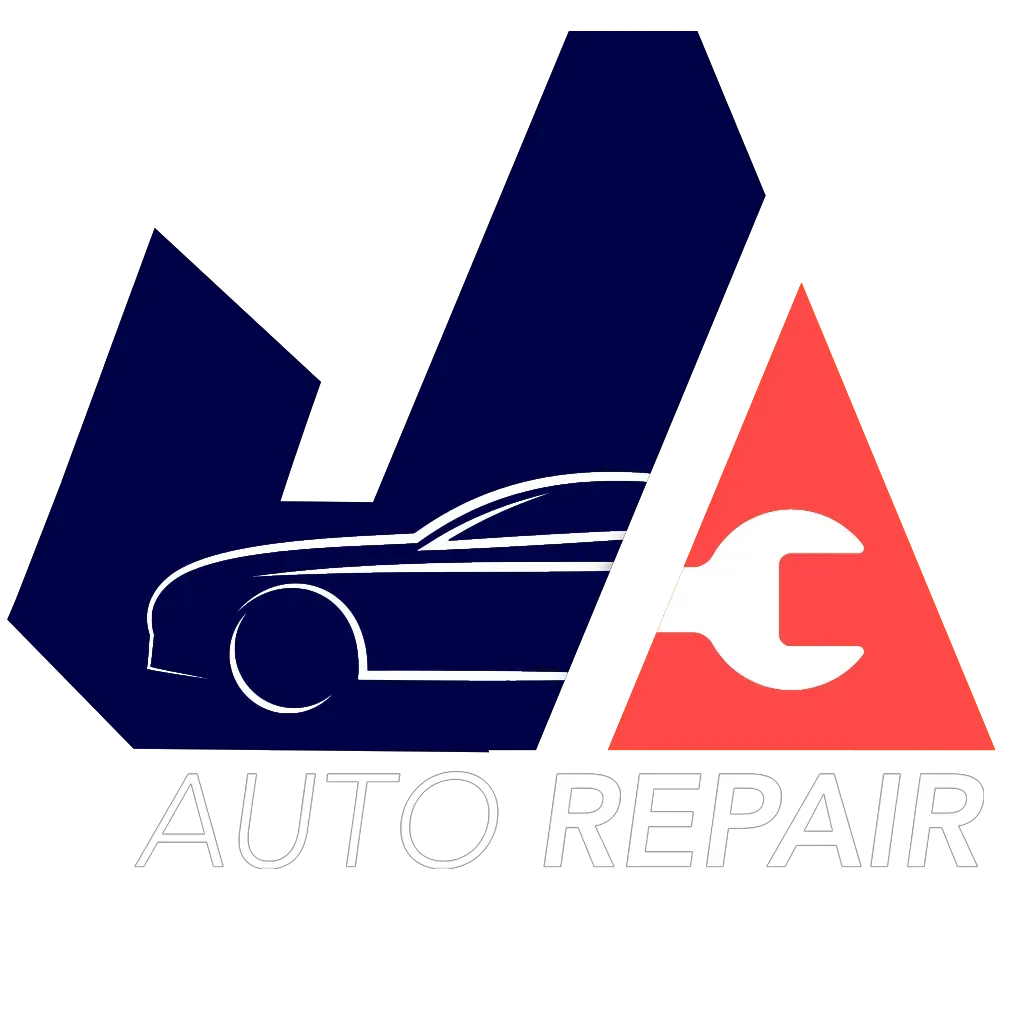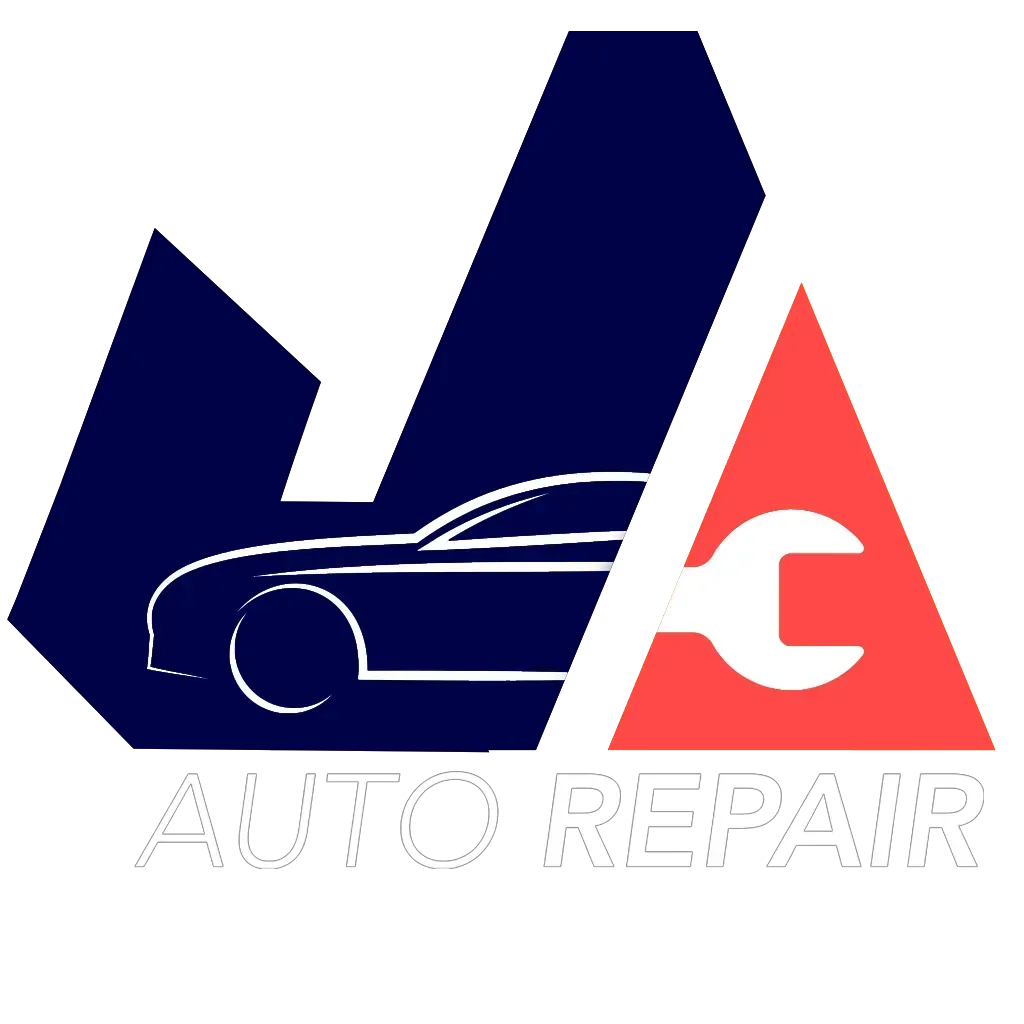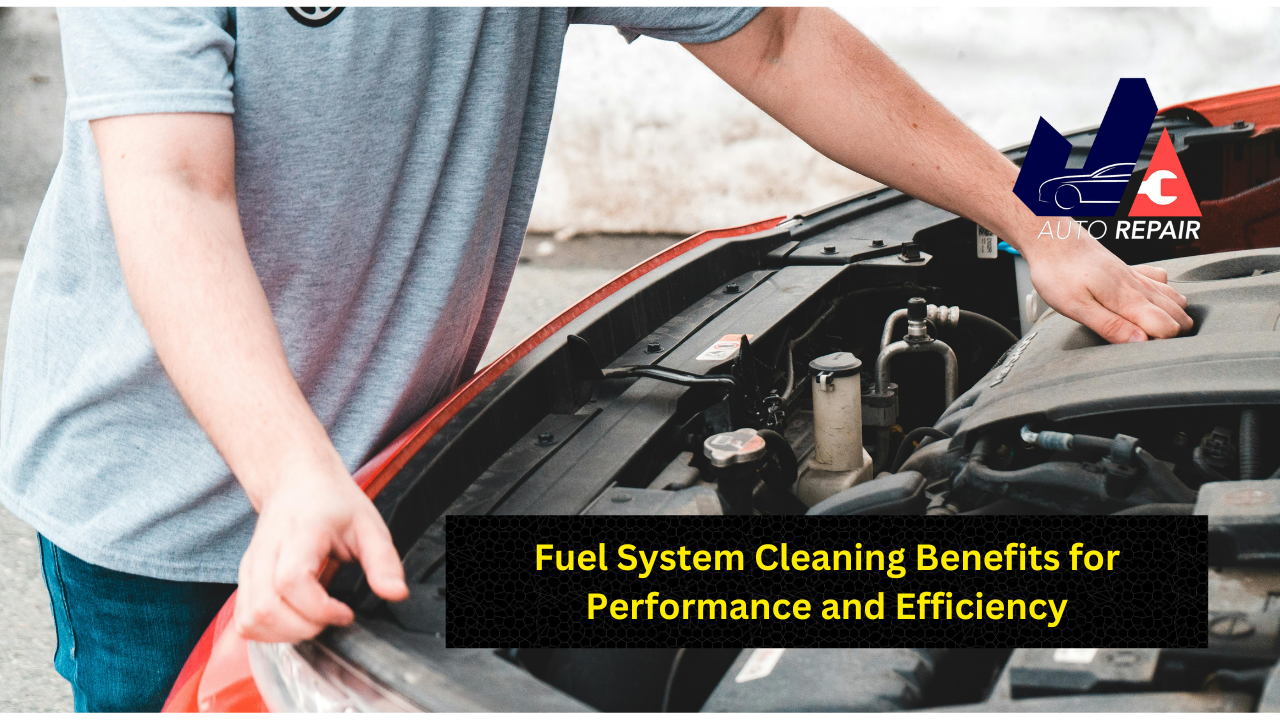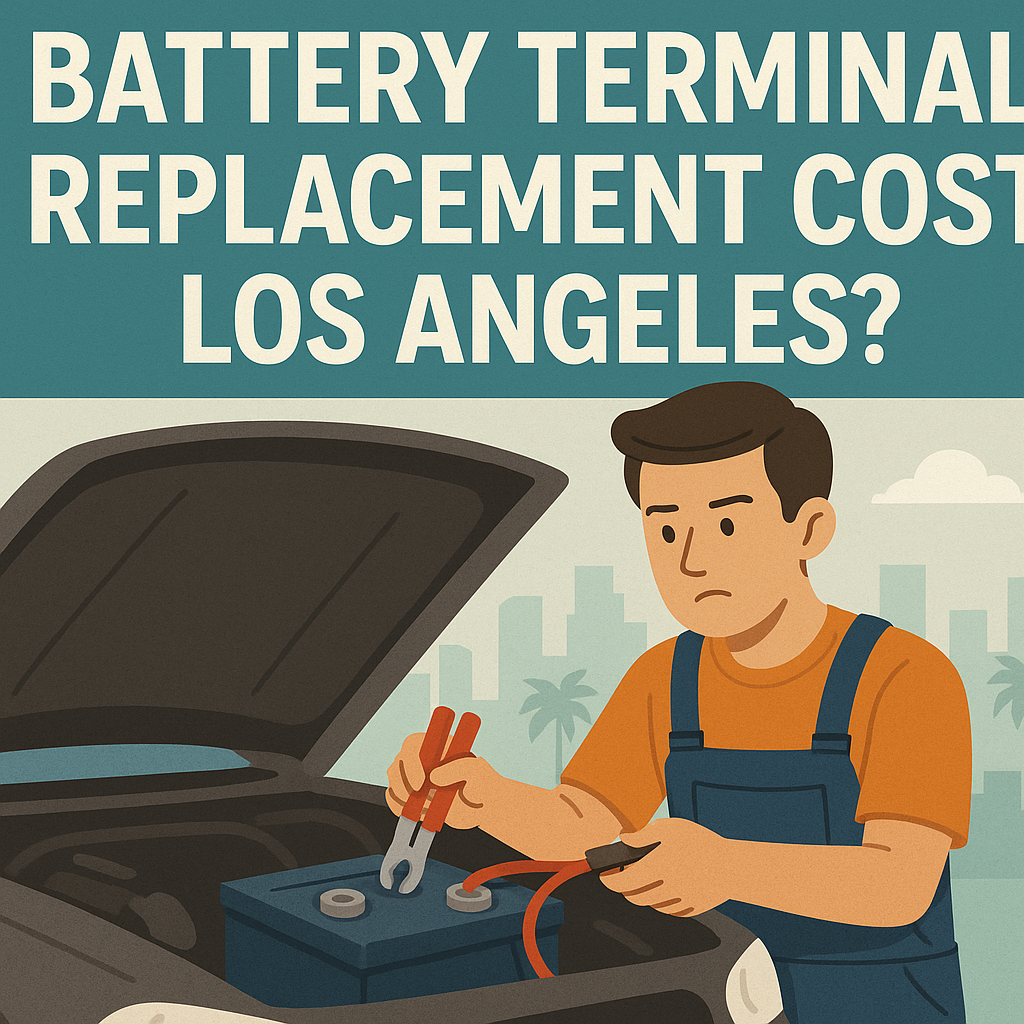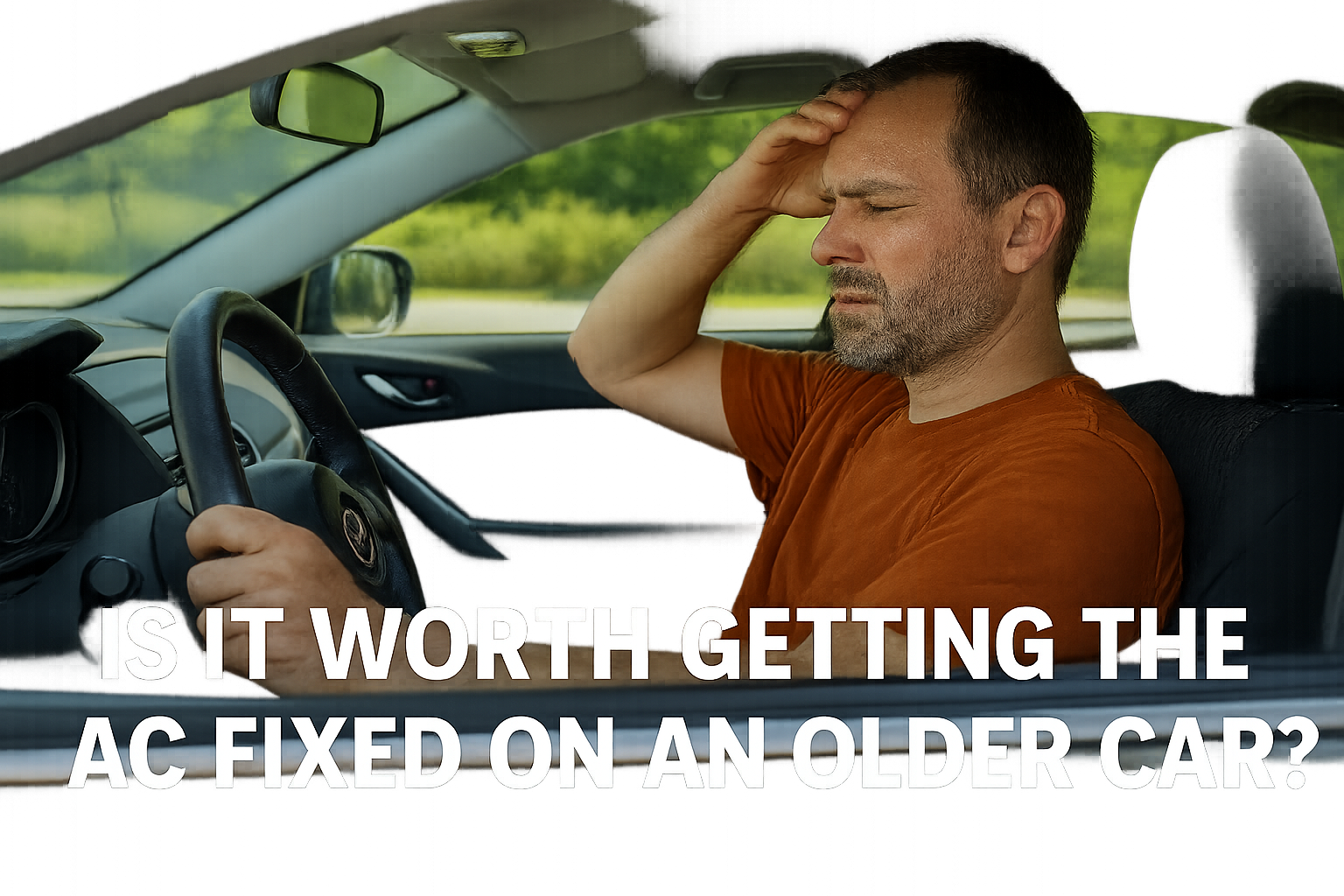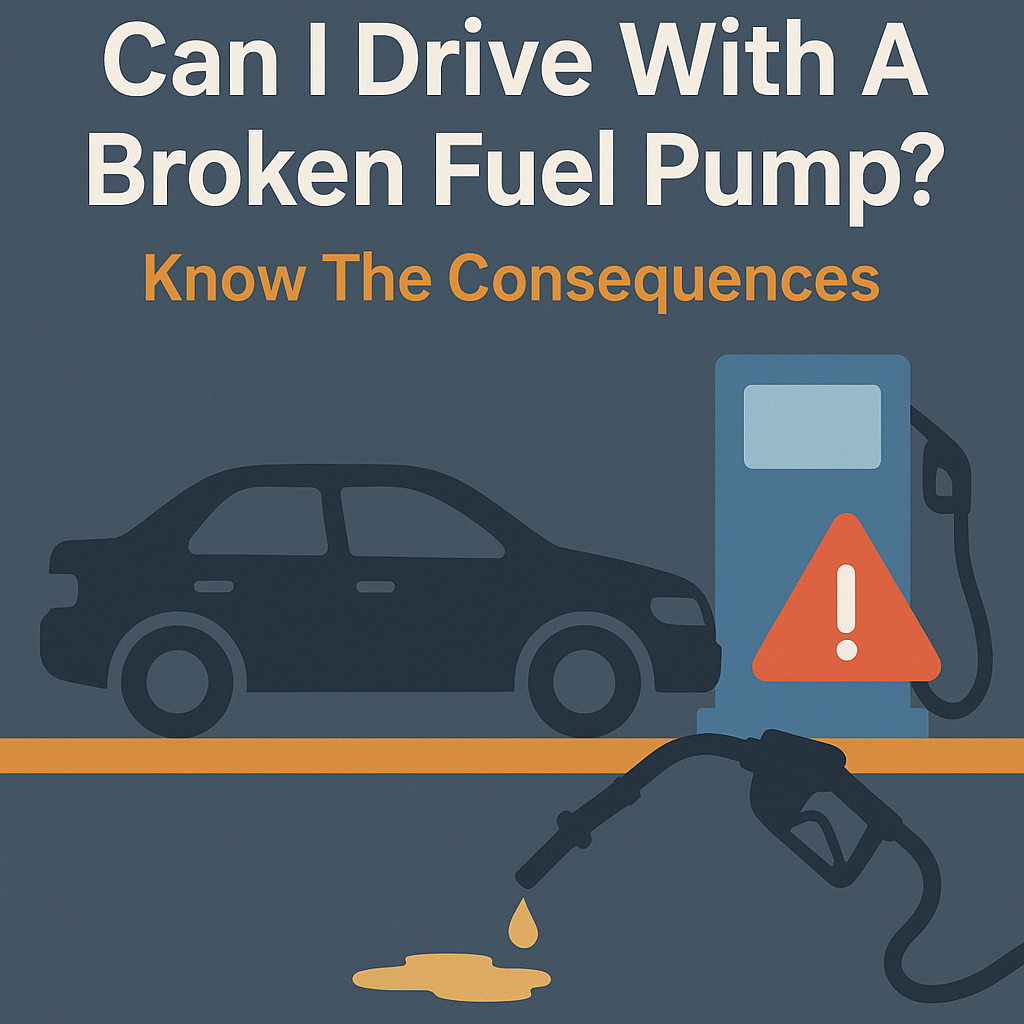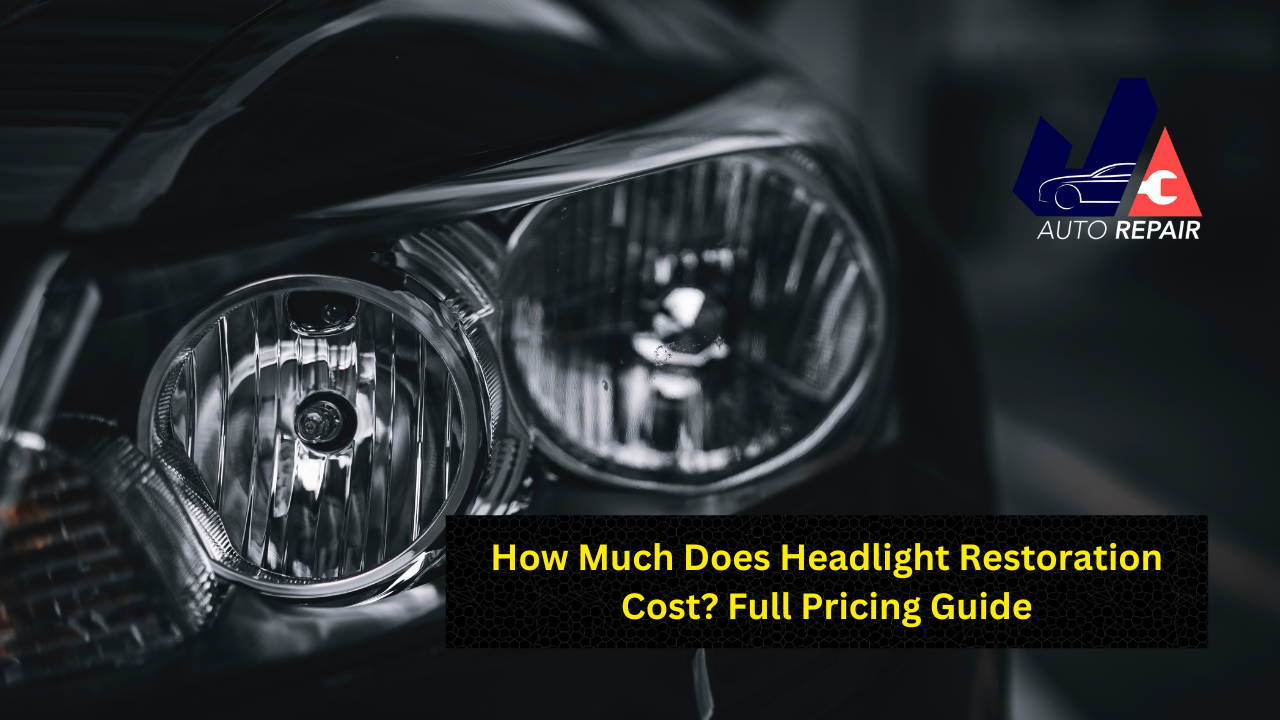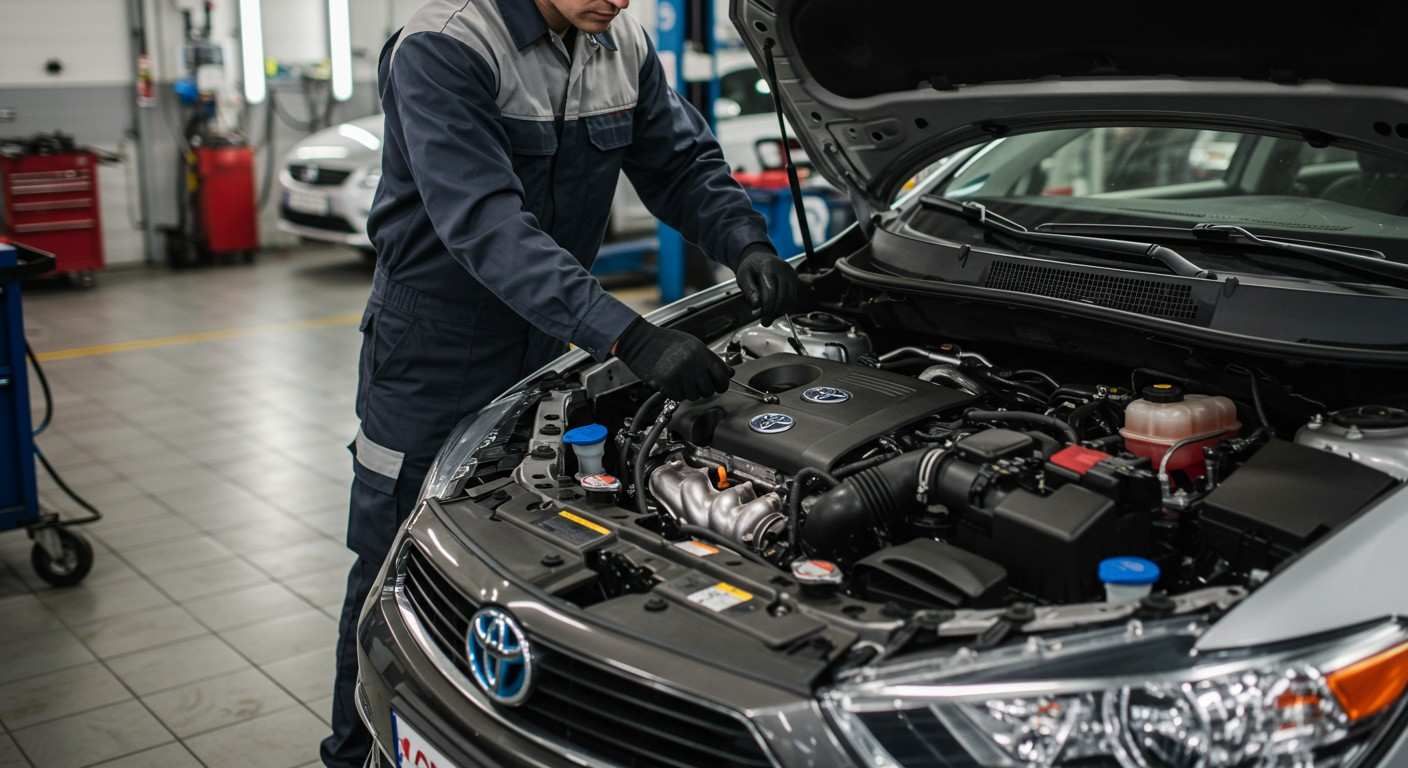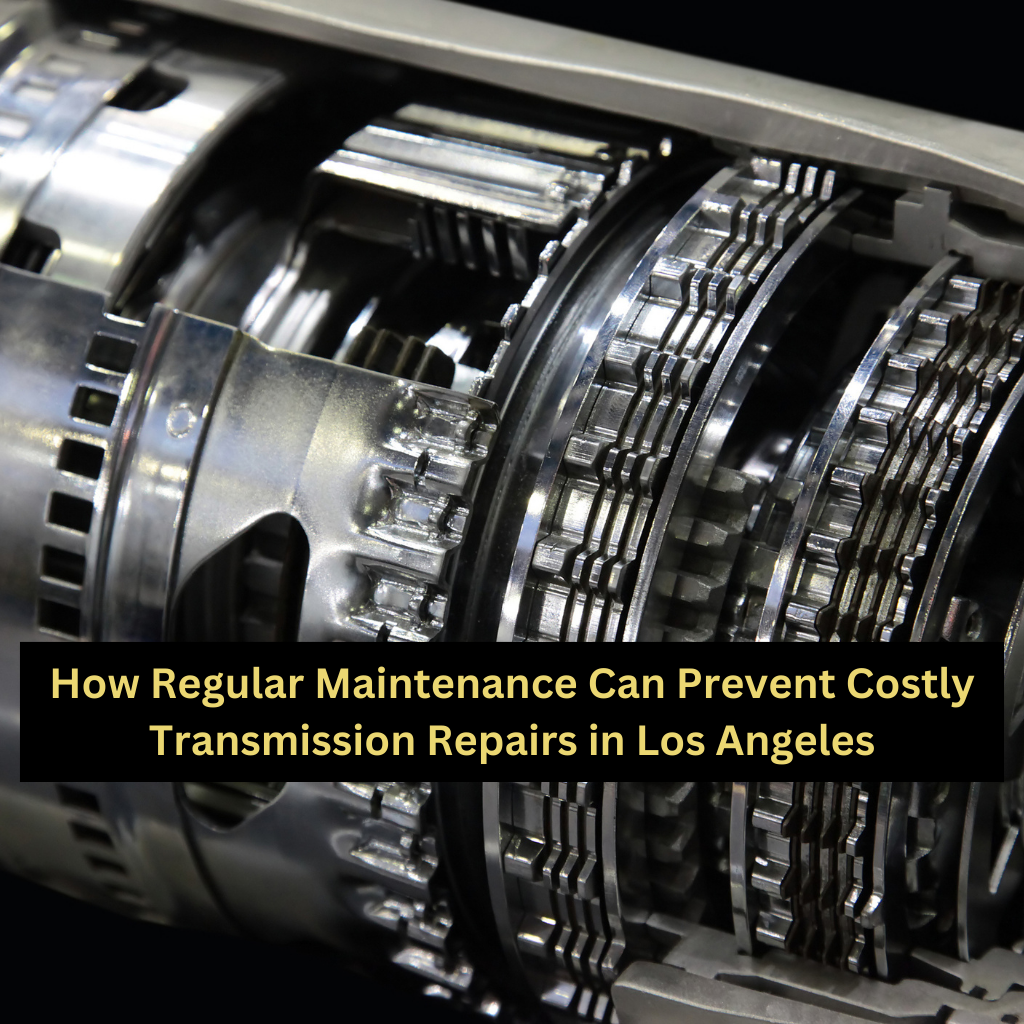Dealing with bad gas in your car can be a frustrating and perplexing problem. It's a common issue that can significantly impact your vehicle's performance and longevity.
In this comprehensive guide, we'll explore the most effective methods on how to treat bad gas in your car, ensuring your ride remains smooth and efficient.
Whether you're a seasoned driver or new to the world of automotive care, understanding these crucial steps will help you avoid the pitfalls of poor fuel quality and keep your car running at its best.
To treat bad gas in your car, dilute old gasoline with new fuel in a 3:1 ratio, and then mix thoroughly by gently rocking the car or shaking the storage tank.
How to Treat Bad Gas in Your Car - Short Answer
When it comes to treating bad gas in your car, a proactive and knowledgeable approach is key. The most effective method involves diluting the old gas with fresh gasoline. A general rule is to use three parts of new gas to one part of old gas. After adding the fresh gas, mix it well with the old by gently rocking your car back and forth or agitating the storage tank if the gas is stored separately. This mixing ensures a proper blend, helping to rejuvenate your car’s fuel system. Additionally, incorporating fuel additives and cleaners can further enhance the quality of the gas, clearing out any build-ups and ensuring smoother engine performance. Remember, consistent maintenance and careful attention to your fuel's condition are vital to keep your car in prime shape.
JC's auto repair shop in Los Angeles understands the importance of the car in your day-to-day life and therefore offers quick repair and maintenance work on cars. We offer quality services in all types of auto repair services including but not limited to car AC repair, brake repair, and transmission repair services.
Why Gas Goes Bad in the Car
Gasoline's journey from the refinery to your car's engine is fraught with challenges that can lead to its degradation. The process of oxidation is the foremost enemy of gasoline. When exposed to oxygen - a scenario common during storage - gasoline begins to oxidize, leading to the formation of gum and varnish in the fuel. This not only reduces the fuel's efficacy but can also cause significant damage to engine components.
Contamination is another critical factor. This can occur in various forms:
- Water Contamination: Water can enter the fuel system through condensation in tanks or from contaminated fuel sources. Water in gasoline leads to phase separation, where the fuel separates into layers, reducing its quality and efficiency.
- Dirt and Debris: Over time, fuel can become contaminated with dirt, rust, and other particulates. These contaminants can clog fuel filters and injectors, leading to reduced engine performance and increased wear and tear.
- Chemical Contamination: Exposure to other chemicals, either during storage or transportation, can alter the chemical composition of gasoline, reducing its quality and performance.
Lastly, improper storage conditions significantly contribute to gasoline degradation. Factors like:
- High temperatures, which accelerate the oxidation process.
- Exposure to air, increases the chances of oxidation and contamination.
- Storing gasoline in unsuitable containers or for extended periods, leads to chemical breakdown and evaporation of essential compounds.
Symptoms of Bad Gas in a Car
Identifying bad gas in your car is critical for preventing extensive damage to your vehicle. Some of the most common symptoms include:
- Engine Misfires and Stalling: When gasoline goes bad, it may not combust properly, leading to engine misfires. This can manifest as a rough idle or the engine stalling during operation.
- Poor Acceleration: If your car hesitates or struggles to accelerate, bad gas might be the culprit. Ineffective fuel leads to poor engine performance, particularly noticeable during acceleration.
- Unusual Engine Noises: Knocking or pinging sounds from the engine are telltale signs of bad gasoline. These noises indicate improper combustion, often due to lower octane or contaminated fuel.
- Decreased Fuel Economy: A sudden drop in miles per gallon can be linked to fuel quality. Poor-quality gas burns less efficiently, forcing the engine to use more to maintain performance.
- Check Engine Light: Modern vehicles are equipped with sensors that can detect issues within the fuel system. If bad gas is causing a problem, it might trigger the check engine light.
Recognizing these symptoms early is crucial. They not only hint at the presence of bad gas but also indicate potential risks to the entire fuel system. Fuel injectors, pumps, and filters are particularly vulnerable and can incur significant damage, leading to costly repairs and reduced vehicle lifespan. By being vigilant and responsive to these signs, you can ensure the health and longevity of your car.
Preventive Measures to Avoid Bad Gas
To prevent the issue of bad gas, proactive steps are essential. Here’s a list of measures you can take:
- Proper Storage of Gasoline:
- Use only clean, airtight containers specifically designed for fuel storage.
- Store fuel in a cool, dry place away from direct sunlight to prevent temperature-induced degradation.
- Limit the storage time. Gasoline should ideally be used within 3-6 months.
- Regular Vehicle Maintenance:
- Schedule regular servicing to ensure your vehicle’s fuel system is in optimal condition.
- Regularly replace fuel filters to prevent contaminants from entering the engine.
- Check and clean fuel injectors periodically to maintain efficient fuel combustion.
- Use Fuel Stabilizers:
- For vehicles or equipment that aren’t used frequently, adding a fuel stabilizer can prolong the life of the gas.
- Fuel stabilizers prevent oxidation and chemical breakdown, keeping the gas fresh for longer periods.
- Monitor Fuel Sources:
- Always purchase gasoline from reputable stations to ensure quality.
- Avoid refueling from stations where underground tanks are being filled, as this can stir up contaminants.
A Step-by-Step Guide to Treat Bad Gas in Your Car
Treating bad gas in your car is a delicate process that, when done correctly, can restore your vehicle's performance and efficiency. Here's a detailed guide on how to tackle this issue:
Diluting Old Gas with New Gas
When treating bad gas in your car, the first step is to dilute the old gas with new gas. To begin, calculate the amount of fresh gas needed.
For every gallon of old gas in your tank, you should add three gallons of fresh gas. Make sure you have enough fresh gas on hand before starting.
If your tank isn't completely filled with bad gas, you can add the fresh gas directly to your car's fuel tank.
However, if there's a significant amount of bad gas, you might need to siphon out some of it to create space for the fresh gas.
Once the fresh gas is added, the next crucial step is to mix it with the old gas. This mixing can be achieved by gently rocking your car back and forth, which agitates the mixture and helps blend the old and new gas.
If you're dealing with stored gas in external tanks, carefully shake or stir the tank to mix the gas.
After completing these steps, it's important to test the effectiveness of the mixture.
Start your car and let it run for a few minutes, then monitor its performance. If the process has been successful, you should notice improvements in how your car runs.
Using Fuel Additives and System Cleaners
When it comes to using fuel additives and system cleaners, the first step is selecting the right additive. You should look for additives specifically designed to clean fuel injectors, carburetors, and the entire fuel system.
Additionally, it's beneficial to choose products that target water removal or stabilization, as these are common issues with bad gas.
Once you've selected the appropriate additive, the next step involves adding it to your fuel tank. This should be done in accordance with the product label's instructions regarding the correct dosage.
Typically, the additive is poured into the tank before filling it up with gas. After adding the additive, you should drive your car for a set number of miles as recommended by the additive's instructions. This driving period is crucial as it allows the additive to circulate through the system, cleaning it effectively.
Finally, to evaluate the effectiveness of the additive, you should observe any changes in your vehicle's performance post-treatment.
Signs of success include improved engine response and better fuel efficiency, indicating that the additive has worked in cleaning and optimizing your fuel system.
Safety Precautions and Best Practices
When dealing with gasoline, it is crucial to prioritize safety precautions and best practices to ensure a safe and effective treatment process.
Always work in a well-ventilated area to avoid inhaling harmful fumes. It's imperative to steer clear of smoking or having any open flames nearby, as gasoline and additives are highly flammable.
Protecting yourself is equally important; wearing protective gloves and eyewear can prevent skin and eye contact with these potentially hazardous materials.
When it comes to disposing of old gasoline, do so responsibly and in accordance with local regulations to ensure environmental safety.
Lastly, if at any point you are uncertain or uncomfortable with any part of the process, don’t hesitate to consult a professional mechanic for guidance and assistance.
These steps are not just recommendations but essential practices to maintain safety and effectiveness when treating bad gas in your car.
Treating bad gas requires patience and attention to detail. By following these steps, you can effectively rejuvenate your vehicle’s fuel system and enhance its performance. Remember, regular maintenance and using quality fuel are key to preventing future issues with bad gas.
When to Seek Professional Help
DIY solutions have their limits, and in some cases, professional intervention is necessary. Here are scenarios where expert assistance is crucial:
- Persistent Performance Issues:
- If symptoms like stalling, misfiring, or poor acceleration continue after treating the gas, seek professional help.
- An expert can diagnose underlying issues that may not be apparent to a non-professional.
- Safety Concerns:
- Dealing with fuel systems requires knowledge and caution. If you’re not confident in handling such tasks, it’s safer to consult a professional.
- Incorrect handling can exacerbate the problem or create new hazards.
- Advanced Fuel System Repairs:
- Some repairs, such as replacing a fuel pump or cleaning deeply clogged injectors, are complex and should be handled by a technician.
- Professionals have the tools and expertise to perform these tasks safely and effectively.
Long-Term Solutions for Fuel Quality Management
Ensuring the longevity and performance of your vehicle requires a long-term approach to fuel quality management. Here are strategies to consider:
- Regular Fuel System Checks:
- Incorporate fuel system inspections into your regular vehicle maintenance schedule.
- Ensure that the entire system, including the tank, lines, and filters, is checked for signs of wear or contamination.
- Using High-Quality Fuel:
- Opt for premium fuels that contain detergents and additives designed to clean and protect the engine.
- Research and choose fuel types and brands known for their quality and consistency.
- Educate Yourself About Your Vehicle:
- Understand the specific fuel requirements of your vehicle, as stated in the owner’s manual.
- Stay updated on the latest recommendations and best practices for vehicle care.
- Regularly Update Fuel Filters:
- Change fuel filters as recommended by the vehicle manufacturer to prevent contaminants from entering the engine.
By implementing these strategies, you can significantly reduce the risk of bad gas affecting your vehicle, ensuring smooth operation and extending its life.
Conclusion
Effectively treating bad gas in your car is a critical aspect of vehicle maintenance that should not be overlooked. By understanding and implementing the right procedures, such as diluting old gas with new and utilizing quality fuel additives, you can significantly improve your car's performance and avoid the hassles of engine troubles. Regular check-ups and mindful fuel management play a pivotal role in preventing the recurrence of this issue. With these strategies in hand, you are well-equipped to tackle the challenge of bad gas, ensuring your car runs smoothly and reliably for years to come. Remember, taking care of your car is an ongoing journey, and with the right knowledge, you can navigate this path with confidence and ease.
FAQs
Can I use fuel additives to treat bad gas in my car?
Yes, fuel additives can be effective in treating bad gas. They help clean the fuel system and enhance the quality of the gasoline, improving engine performance.
How often should I replace fuel filters to prevent bad gas issues?
Fuel filters should be replaced every 15,000 to 30,000 miles to prevent bad gas issues, but check your vehicle's manual for specific recommendations.
Is it safe to drive with bad gas in my car?
Driving with bad gas can harm your engine. If you suspect bad gas, treat it immediately or seek professional help to avoid potential damage.
Can bad gas cause permanent damage to my car's engine?
Yes, bad gas can cause permanent damage to your car's engine, especially if the issue is not addressed promptly, leading to costly repairs.
